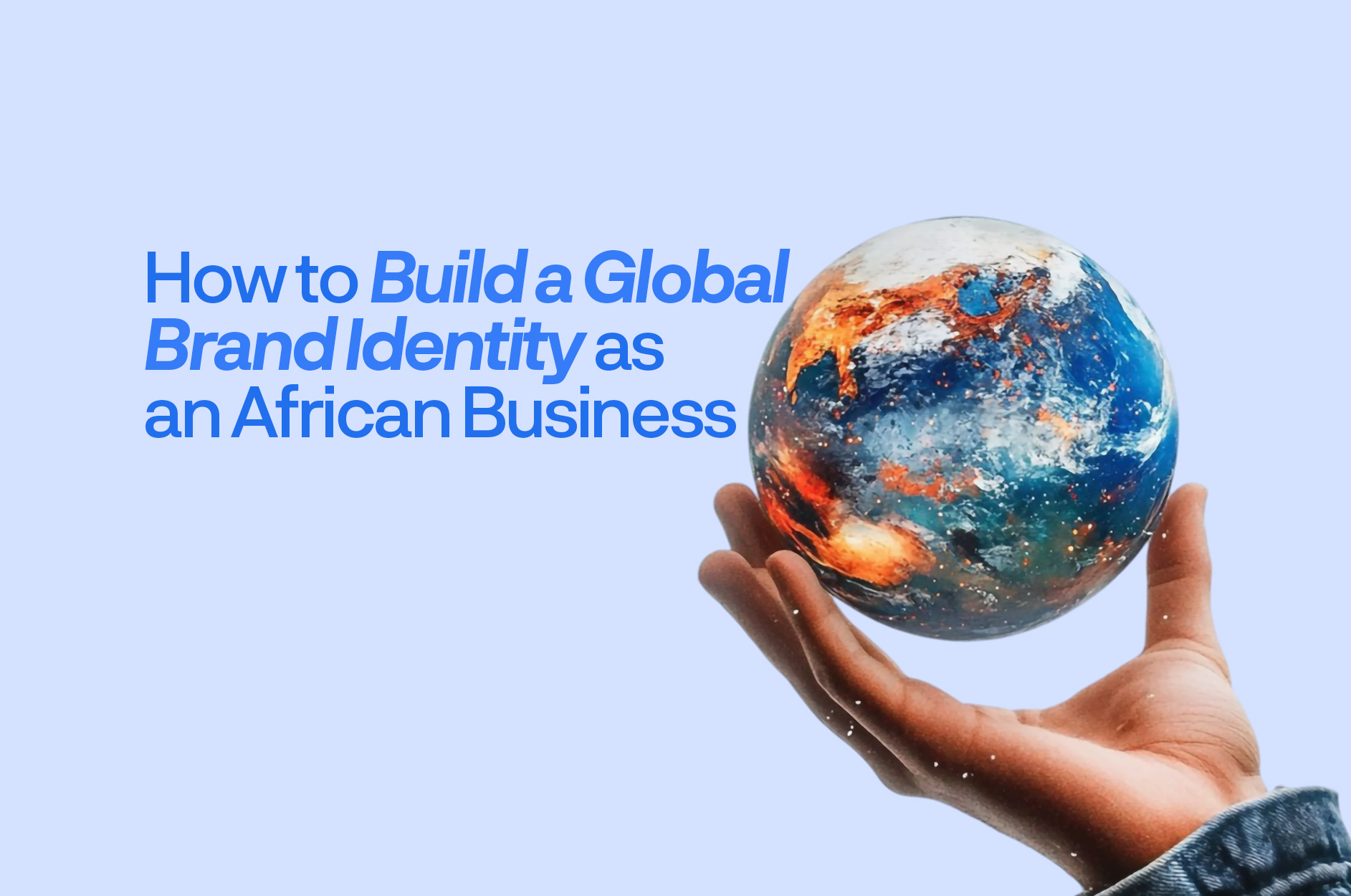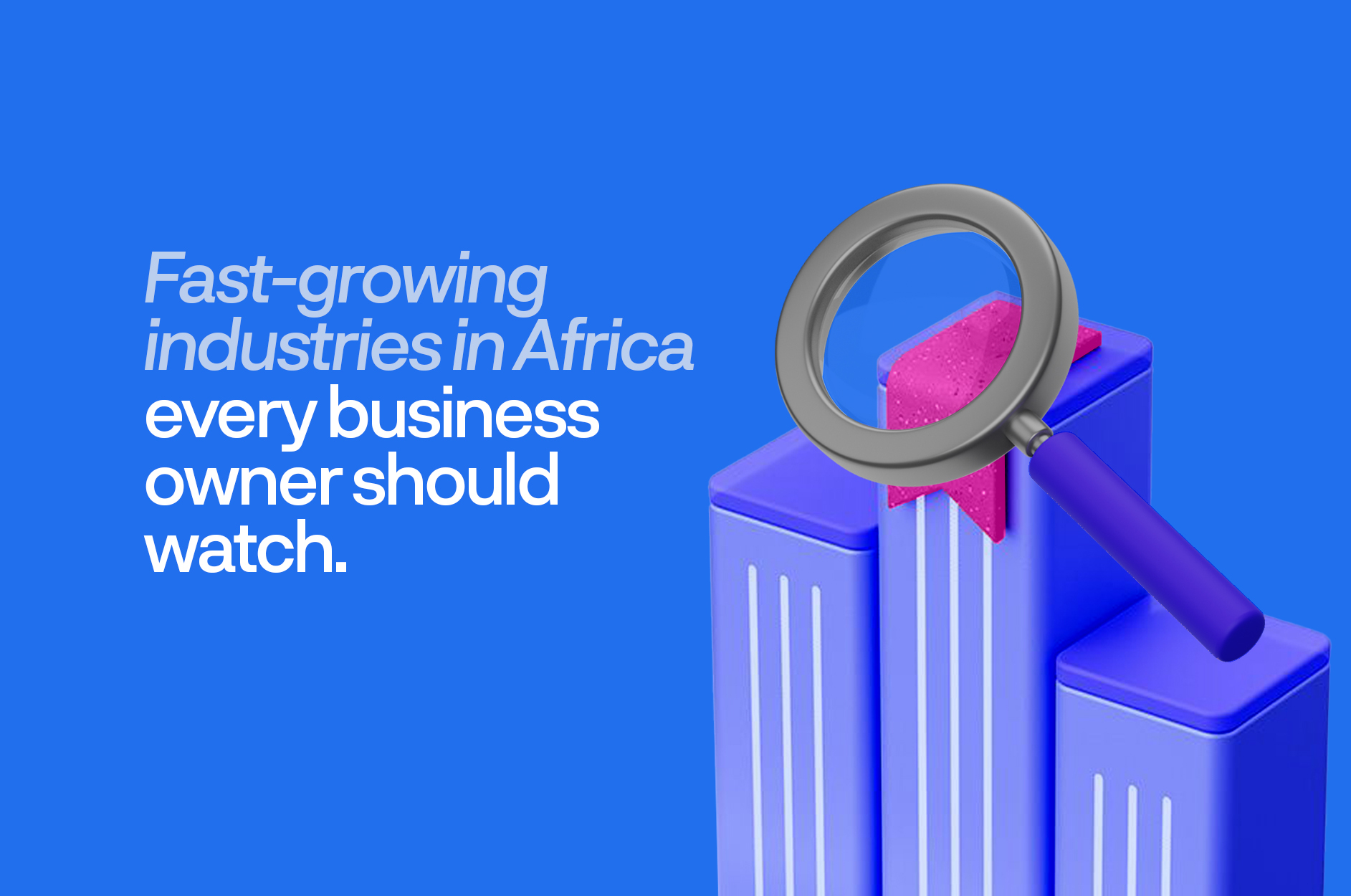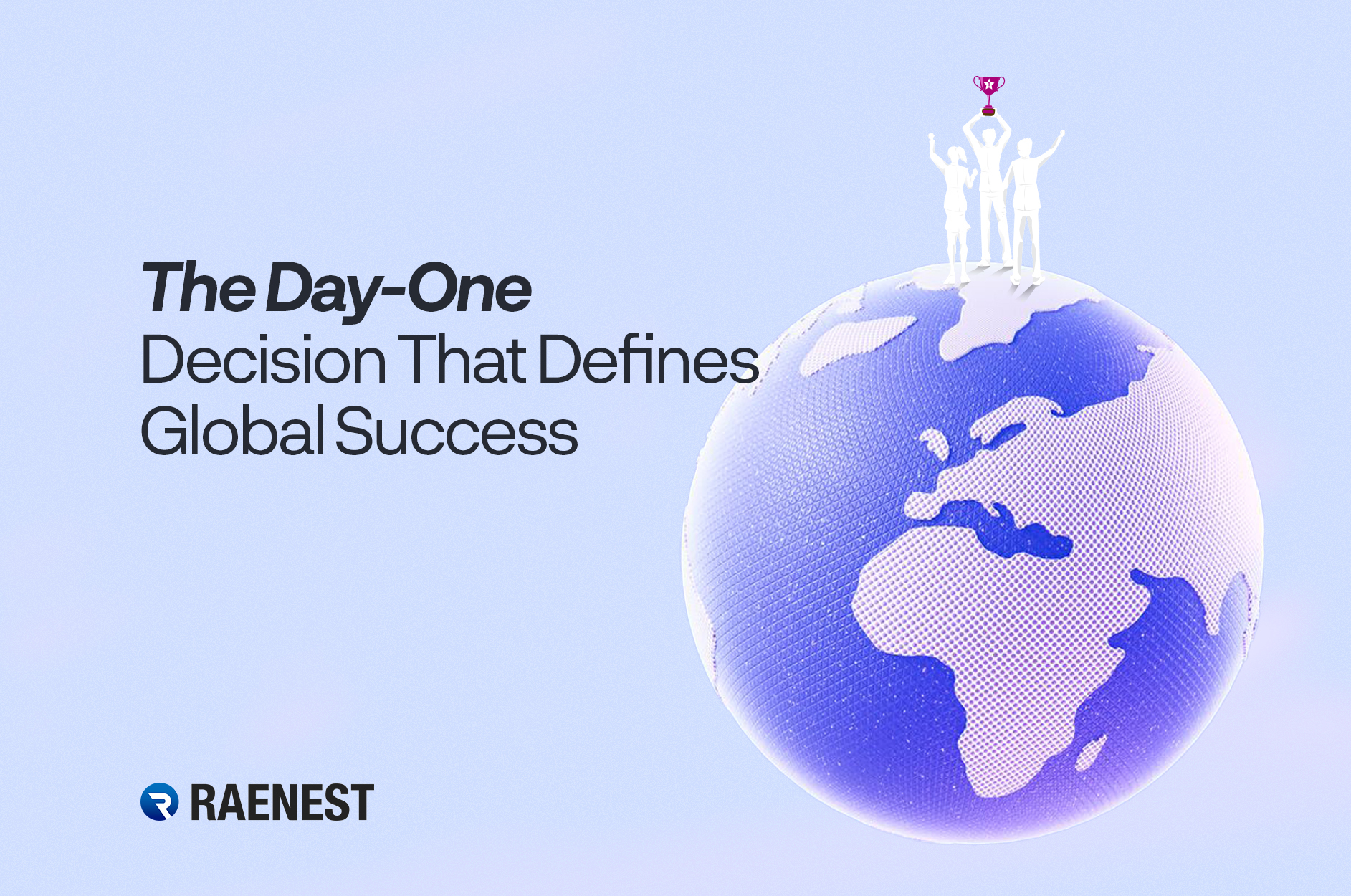Expanding a business beyond local markets requires more than ambition. It requires a brand identity that can travel across borders and connect with audiences who may not share the same cultural background or market realities. For African businesses, this process is both a challenge and an opportunity. The challenge lies in translating local authenticity into something the world can understand, while the opportunity rests in showcasing perspectives, products, and ideas that are distinct and deeply relevant.
Begin with a Clear Brand Foundation
A global identity is only credible if it is built on clarity. This means defining the core values of your business, the principles that guide how you operate, and the promise you want to make to customers anywhere in the world. Many businesses rush into visual branding without articulating these fundamentals, yet they are what ensure consistency when the business expands to new markets.
For example, a fintech company in Lagos may state its foundation as making financial services inclusive, reliable, and transparent. These principles can then inform everything from the tone of communication to the way customer support is structured. Without this level of clarity, visual design alone risks becoming an empty gesture.
Balance Authenticity with Universality
One of the strengths of African businesses is the ability to bring unique cultural insights to global markets. However, building a global brand means knowing how to express authenticity without losing accessibility. The goal is to ensure that while the brand draws from its local roots, it remains easy for an international audience to engage with.
A practical approach is to develop brand stories that highlight specific experiences while tying them to universal human needs. A fashion business can emphasise the heritage of its fabrics but frame it within themes of sustainability, creativity, and innovation. This allows the identity to remain rooted yet relatable across cultures.
Invest in Visual and Verbal Consistency
Consistency is what allows a brand to be recognised across markets. Visual elements such as logos, typography, and colour palettes should be adaptable but recognisable. At the same time, verbal identity, like the tone, word choice, and structure of communication, must reflect the same values whether it appears in product packaging, investor presentations, or digital campaigns.
African businesses often expand rapidly into multiple regions, which makes maintaining alignment even more important. A brand guideline document that captures both visual and verbal standards is essential. It not only creates cohesion but also empowers teams and partners in different markets to communicate with the same voice.
Prioritise Trust and Reliability
Global identity is not only about design. It is also about the perception of reliability. Businesses that wish to be taken seriously on the global stage need to demonstrate that they can deliver consistently, meet international compliance requirements, and maintain high standards of customer experience.
Trust is built over time, but the process can begin early with deliberate choices. This includes transparent policies, clear communication about pricing and delivery, and certifications that demonstrate quality. These requirements assure global partners and customers that the business is not just ambitious but dependable.
Invest in Cross-Border Payment Tools
A global brand identity is strengthened when customers and partners know they can transact with ease. Payment systems are often the invisible foundation of trust, yet many businesses overlook their impact on reputation. If an international customer struggles to complete a transaction, the perception of the brand suffers regardless of how strong the visual or verbal identity may be.
Investing in reliable cross-border payment tools like Raenest ensures that transactions are seamless, secure, and compliant with international standards. Raenest provides you with a platform that supports multiple currencies, offers transparent exchange rates, and provides safeguards against fraud. For African businesses, integrating Raenest into your business will enable you to engage with the world on equal terms. Visit https://www.raenest.com/ to create an account with Raenest.
Build a Strong Internal Culture
A brand is only as strong as the people who represent it. Employees are the first ambassadors of any business, and their understanding of the brand values directly influences how external audiences experience the company. When internal culture is aligned with brand identity, every customer interaction, whether through sales, support, or marketing, reinforces the same story.
For African businesses seeking to grow globally, this means investing in talent development, clear internal communication, and a culture of accountability. Training programs that teach employees how to embody brand values in their work are essential. Recognition systems that celebrate those who live out the company’s principles also reinforce alignment.
A global brand identity also thrives when internal teams are diverse and inclusive. Building teams that combine local expertise with international experience equips the business to navigate multiple markets with confidence.
Leverage Partnerships and Networks
No global brand identity is built in isolation. Partnerships with distributors, technology providers, and local agencies in different markets provide valuable insights into cultural expectations and consumer behaviour. These collaborations make it easier to adapt without diluting core identity.
African businesses can also benefit from regional trade agreements, export promotion programs, and industry associations that open doors to new opportunities. Beyond market entry, these networks act as channels for reinforcing the credibility of the brand. If you are looking to build your network with forward business thinkers, then you should be at Raenest Exchange, our business, money and tech event. Be sure to RSVP if you haven’t.
Align Digital Presence with Global Standards
The first encounter many international stakeholders have with an African business is online. A brand’s digital presence must therefore reflect the professionalism and clarity it seeks to project. Websites should be accessible, easy to navigate, and optimised for both desktop and mobile. Social media platforms should communicate a coherent story and demonstrate active engagement with customers and partners.
Investing in multilingual support can also be a critical step for businesses entering markets where English is not dominant. Likewise, ensuring that digital channels meet global security standards increases confidence in the brand.
Create Space for Evolution
Global identity is not a fixed destination. As businesses grow, their identity must evolve to reflect new products, services, and customer expectations. The strongest brands manage this evolution without losing sight of their foundations.
With that in mind, African businesses entering global markets should view brand building as an ongoing process. Regular brand audits, feedback from international stakeholders, and adjustments in communication strategies keep the identity relevant while ensuring it continues to represent the business authentically.
Final Thoughts
Building a global brand identity as an African business is not about adopting an entirely new image but about amplifying what already makes the business distinct in a way that resonates internationally. By investing in clarity, consistency, trust, adaptable payment tools, and collaborative networks, African businesses can shape identities that not only cross borders but also command respect in every market they enter.


.png)





